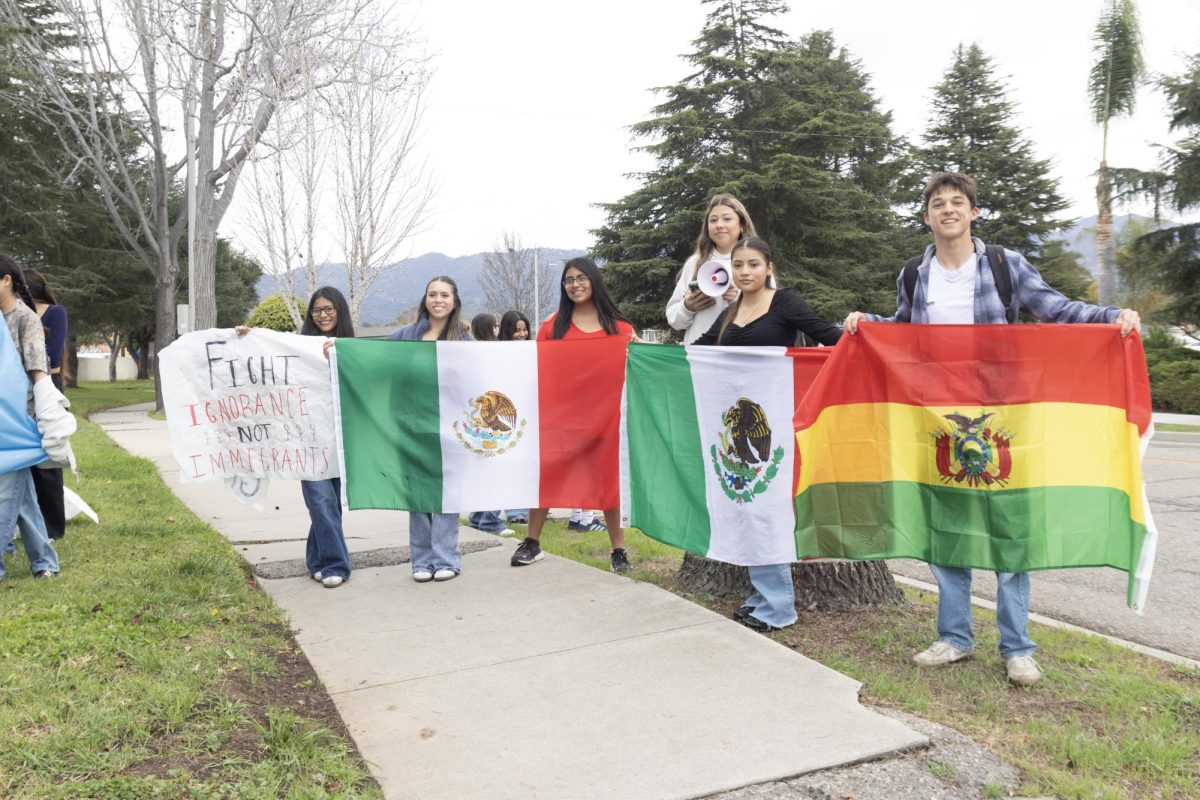Would you pay more for your coffee? Tensions between the U.S. and its trade partners could make you do just that. Recent threats from government officials around the world have brought conversations about tariffs as high as 50%, but what does this really mean?
When asked about this and what it might mean for the normal consumer, San Marcos AP Economics teacher Mr. Olsen responded
“This is an example of national politics directly impacting families…95% of economists are going to say that tariffs, which are taxes on imports from another country, are bad for society. Tariffs cause an increase of price that are paid by consumers”. He went on to talk about the political appeal of tariffs, highlighting their nuanced role in today’s political landscape, continuing:
“What Trump’s economists would say is that they are trying to help Americans who have lost their jobs to globalization, and that elite economists have missed out on the winners and losers from globalization.” With this foundation, the focus shifts back to Colombia.
The United States and Colombia historically have engaged in trade for coffee, flowers, textiles, and more. Colombia has been a long term trade partner of the United States, and since the U.S.-Colombia Trade Promotion Agreement (which eliminates tariffs and other barriers to U.S. trade) was passed in 2011, has been a top ally for the U.S. in South America. However, recent events have put this relationship to the test. As part of the recent deportation efforts from the new Trump administration, many illegal immigrants were sent back to Colombia on military planes.
According to CNN, Colombian President Gustavo Petro “blocked the planes from landing, accusing the US of treating Colombian migrants like criminals.” This prompted President Trump to impose steep tariffs on all Colombian imports, institute a travel ban for Colombian citizens, and revoke visas for Colombian officials in the U.S. After this intimidating response, and continued threats from both sides, an agreement was met, and a trade war avoided—favoring America the most.
What’s interesting about this story is the implications it provides for our future. How will our relationships with even closer allies like Canada and Mexico withstand a future of tariffs and strong-arming. Will this create more jobs for Americans like the Trump administration hopes? Only time will tell.

















